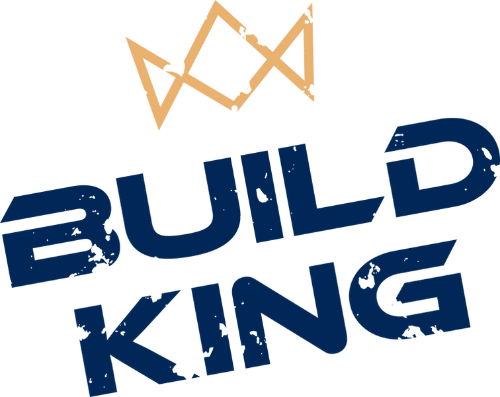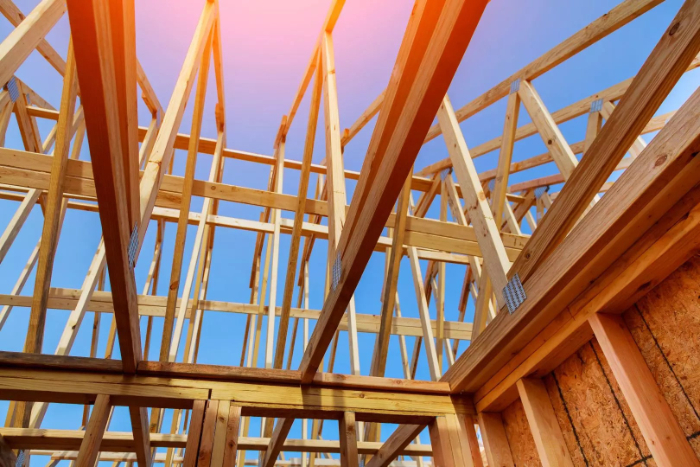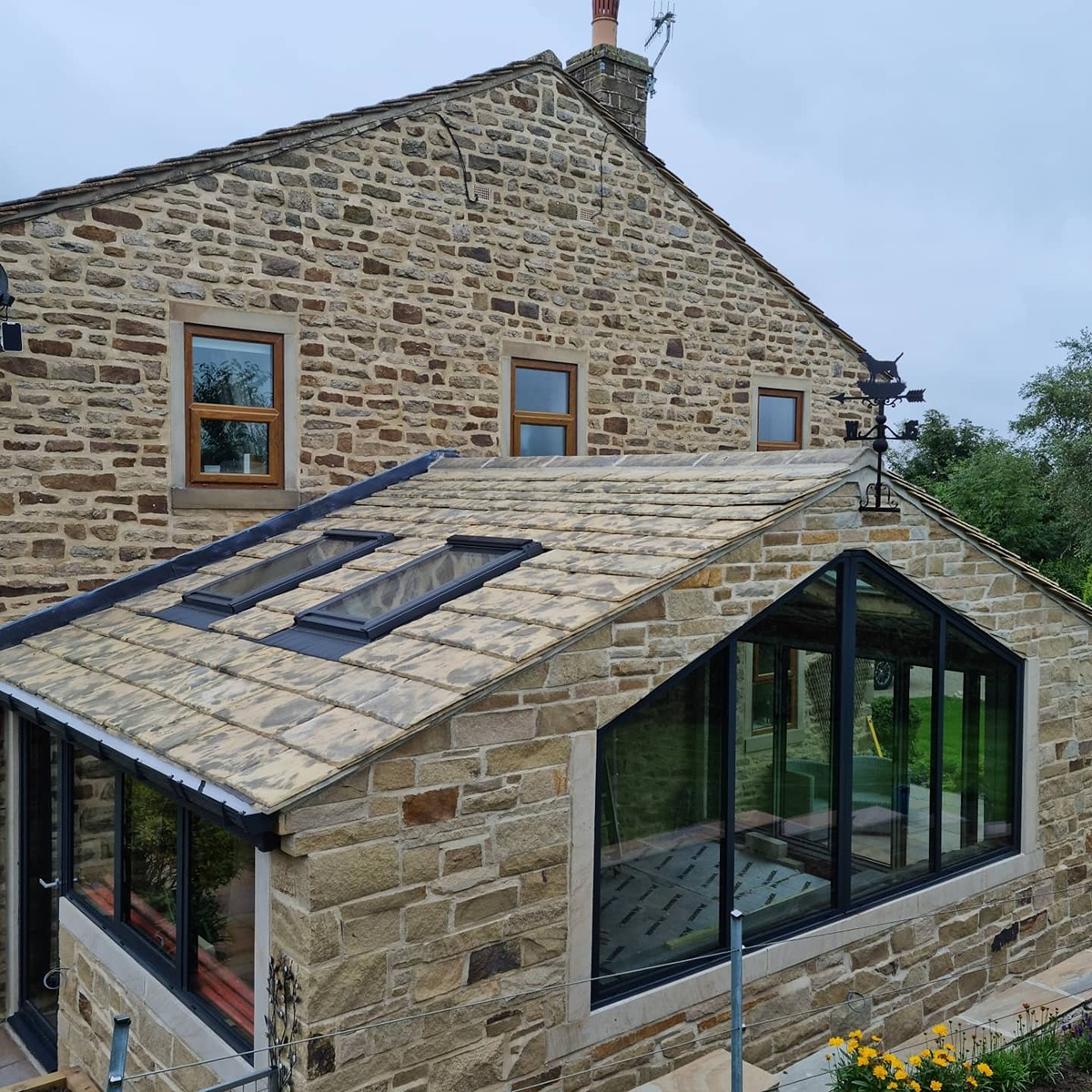How long does it take for a new build house to be built? This article explores the various stages and factors involved in building a new home, from pre-planning to construction, highlighting potential delays and individual circumstances that can affect the timeline.
Pre-Planning
Before any construction project begins, there's a critical pre-planning phase that sets the foundation for success. This initial stage involves several key activities, starting with the selection of an appropriate piece of land. Choosing the right site is essential as it influences many subsequent steps in the construction process.
Once the land is identified, detailed plans are meticulously prepared, outlining every aspect of the upcoming construction. During this phase, gaining any necessary approvals and permits from local authorities is essential. Securing these permissions can sometimes extend the duration of the pre-planning phase, as it involves thorough reviews and sometimes revisions to align with regulations.
Additionally, establishing a clear and comprehensive budget during this period is vital. The budget needs to account for not just construction costs but also any potential changes or unforeseen expenses that might arise. On average, this pre-planning stage can span from a few weeks to several months. The timeframe largely depends on the complexity of the project, the efficiency of obtaining permits, and any adjustments needed in design plans. Larger, more intricate projects, like newly built homes, often require more exhaustive details, which can prolong this phase.
The pre-planning phase is a pivotal part of the construction process. Carefully addressing all considerations in this stage ensures that the project is set up for smooth progress and success as it moves forward to subsequent phases. Once all pre-planning aspects are finalised and in place, the construction project is ready to advance to the next step, laying the groundwork for the actual building to commence.
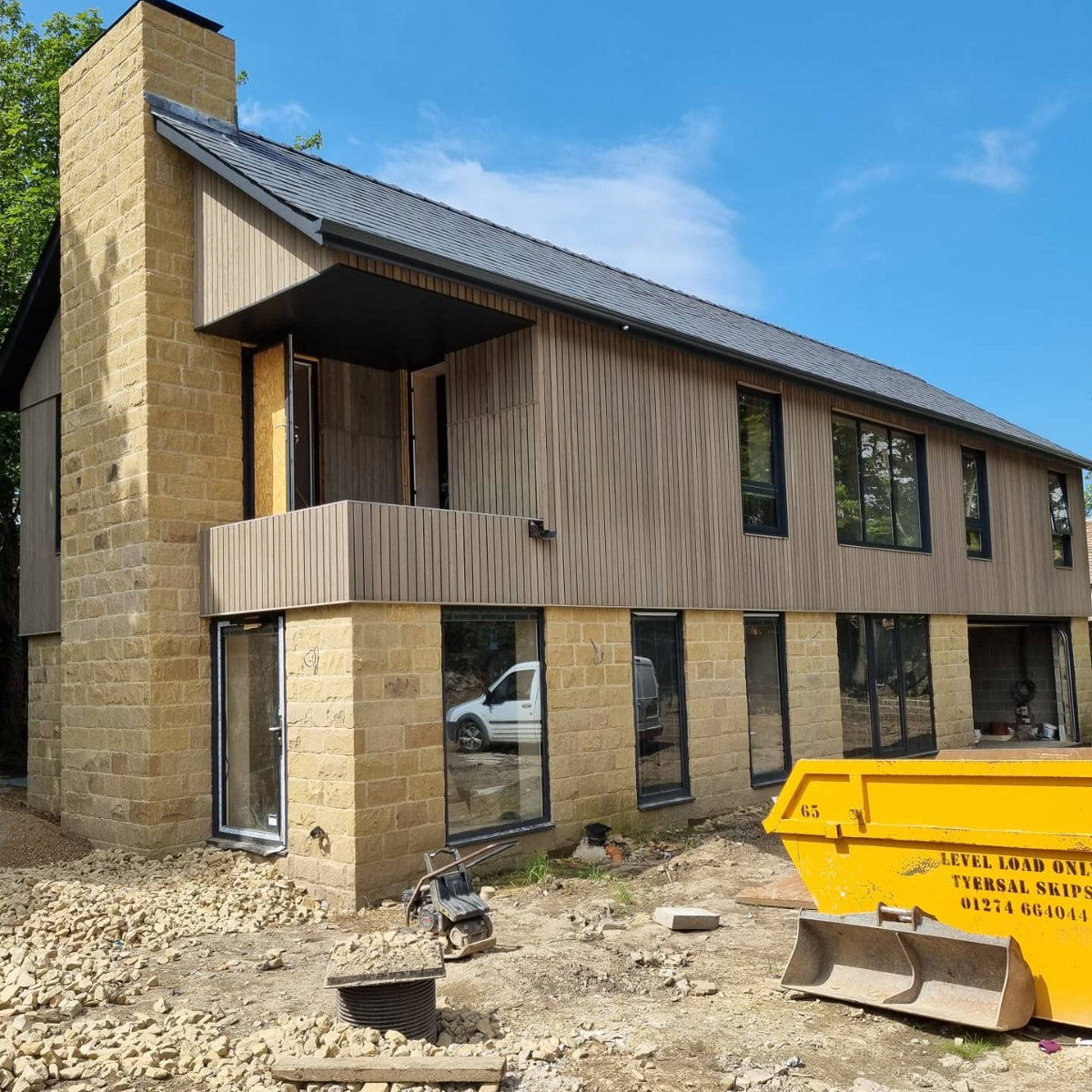
Construction Times
Once all the necessary pre-planning work is completed, the actual construction of a new home begins. The time taken to build a new home can vary, but it generally ranges from five to eight months from start to finish.
This duration depends on several factors, including the complexity of the design, the efficiency and skill of the building team, and any unforeseen delays that might occur along the way.
The first step in the construction stage is the preparation of the site. This involves clearing it of any debris or vegetation and laying the groundwork to support the new structure. Once the site is prepared, foundations are carefully dug out and poured. This is a critical step, as the foundations provide the necessary support for the entire building.
Following the completion of the foundation, the builders construct the structural framework. This involves erecting the essential skeleton of the building using materials such as steel and timber, which gives the house its basic shape and support.
Once the framework is in place, the next stage involves installing the roof, walls, and windows. These components form the basic shell of the house, enclosing the structure and providing protection from the elements. With the exterior in place, attention shifts to the interior work.
This includes installing plumbing systems, electrical wiring, heating, and ventilation, ensuring that the home is functional and comfortable. Flooring is also laid, often using a variety of materials depending on the style and practicality.
As the interior work progresses, external tasks like roofing and landscaping are completed. Roofing involves adding tiles or other materials to ensure the house is weatherproof, while landscaping enhances the surrounding environment, adding aesthetic appeal and value.
Throughout the entire construction process, builders need to ensure that the standard of quality is met at every stage. This is vital for both the safety and longevity of the building. Weather conditions or unexpected issues may sometimes lead to delays, requiring additional time to resolve. Nevertheless, with careful planning and diligent work, the construction of a new home is successfully completed and ready for occupancy..
Size and Design
When planning to build a home, understanding the various factors that influence construction time is essential. The size and design of your home play a role in this timeline. Smaller homes with straightforward designs are generally completed quicker than larger, more complex structures.
If you opt for a unique design or incorporate unusual features, you should anticipate an extended construction period. Customised design elements demand more detailed work and meticulous attention, naturally prolonging the building process.
Furthermore, the type of property you are constructing can impact the timeline. For instance, a single-family home might have a different construction schedule compared to a multi-storey building. Typically, an average three-bedroom house can be completed within a standard timeframe. However, should you decide on a larger home, expect the process to take a few months longer. It is important to understand your design preferences at an early stage, as this helps in managing your expectations regarding the length of the construction process.
By having a clear vision and comprehensive plan, any surprises or delays can often be minimised. Effective communication with your builders and architects about your preferences and the complexities involved will also aid in setting a realistic timeline. By taking these factors into account and planning accordingly, you can ensure a more streamlined and predictable building experience.
Delays
Delays are inevitable in the building process, making it important for project owners to be prepared for unexpected disruptions. One of the primary causes of delays is adverse weather conditions.
In the UK, rain is notoriously unpredictable, often halting construction activities. However, inclement weather is just one aspect of potential setbacks. Supply shortages represent another significant hurdle in maintaining project timelines.
In recent years, global supply chain disruptions have made obtaining materials challenging, leading to uncomfortable delays in the construction process. Moreover, unexpected site issues, such as discovering unstable ground or needing additional excavation, can slow progress.
Changes to the original plans, perhaps due to design amendments or compliance with new regulations, further complicate the timeline. Thus, it is essential to anticipate some level of delay and incorporate a flexible schedule into the project plan. Beyond these factors, effective communication is critical.
Project owners should maintain open lines of dialogue with builders to identify potential problems early and collaborate on solutions. Regular meetings can support efforts to keep the project on track, notwithstanding unexpected obstacles.
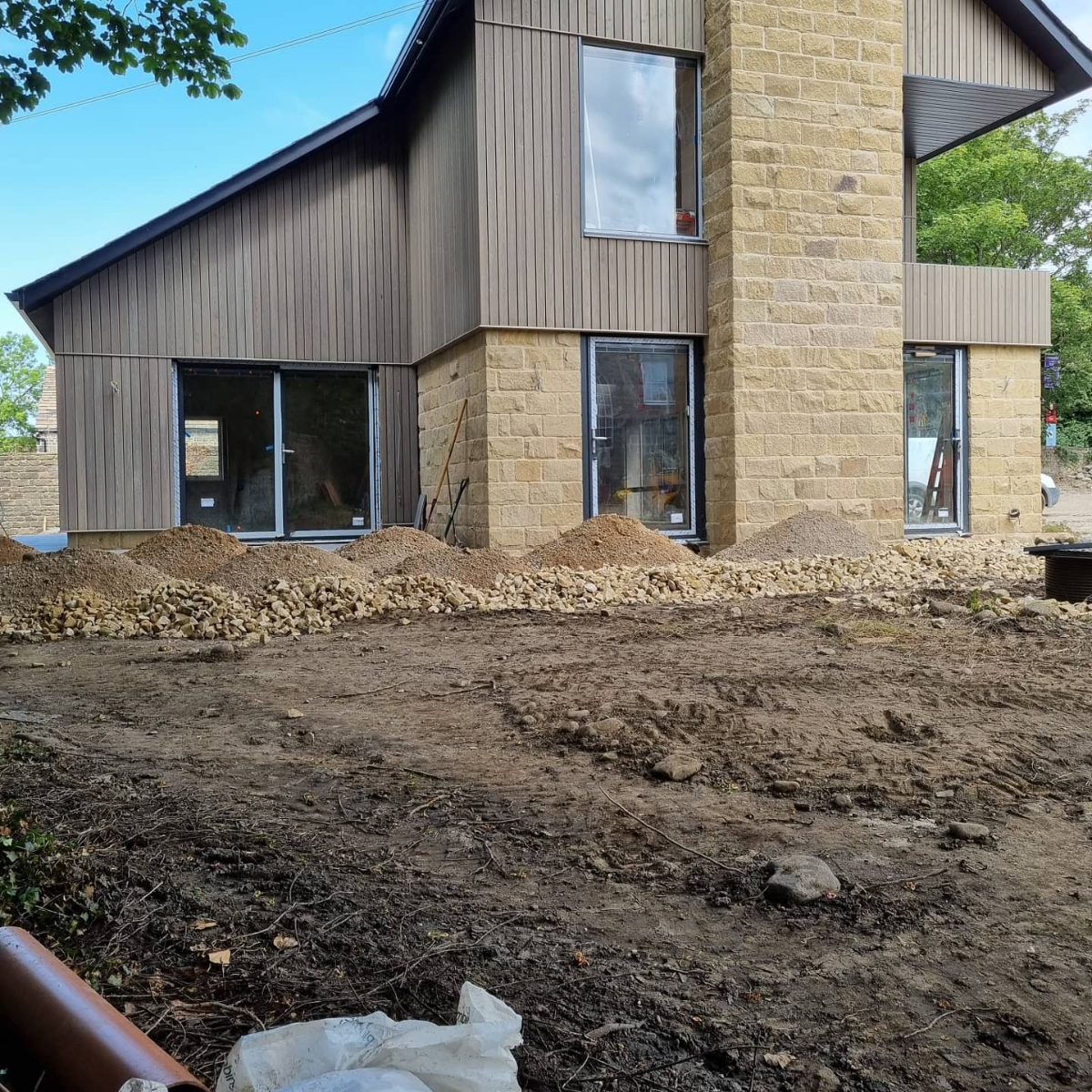
Another common source of delays is issues with contractors, which underscores the importance of hiring reliable professionals. Screening contractors carefully and verifying their reputations can help to avoid such issues. Ultimately, while delays in building projects can be frustrating, thorough preparation, communication, and selecting dependable contractors are key strategies to mitigate their impact and successfully complete the project.
Individual Circumstances
The time required to build a house is subject to several variables, including personal circumstances. One of the factors influencing the timeline is whether you are waiting for the sale of an existing home.
This can dictate when you can start the construction of your new house, as the funds from this sale may be necessary to finance your new project. Furthermore, financial considerations play a crucial role. It's essential to secure your financing well in advance to prevent any delays during the construction process.
Any holdup in funding can significantly impact the progress of the build, so ensure that your financial arrangements are solid and timely. Planning the move into your new home involves a series of logistical considerations. Coordinating with movers and aligning schedules demands careful attention and might entail some waiting periods. It’s best to start this process early to avoid any last-minute complications.
Moreover, each house build is unique, tailored specifically to individual needs and preferences, which means that personal timelines can differ greatly. You must account for every aspect of how the project will proceed to ensure it aligns with your expectations and requirements. Maintaining clear and open communication with your builder is a key factor in staying updated on the progress and any adjustments to the completion date.
Regular updates from your builder can provide you with essential information on how the project is advancing and alert you to any possible delays or changes. If you have specific deadlines or dates you are aiming to meet, communicate these clearly with your building team.
This allows them to consider your timeline and work towards meeting your expectations. However, building a house is a complex process, and unexpected changes or delays can occur. It is prudent to always have a backup plan in place in case things do not go according to schedule. This might involve temporary living arrangements or adjusting your move-in date.
Ready to build your dream home? Build King offers bespoke new build construction services in Bingley and across West Yorkshire. From concept design to final installation, our skilled team delivers exceptional craftsmanship and a seamless building process.
Contact us today to discuss your new build project and start turning your vision into reality.
